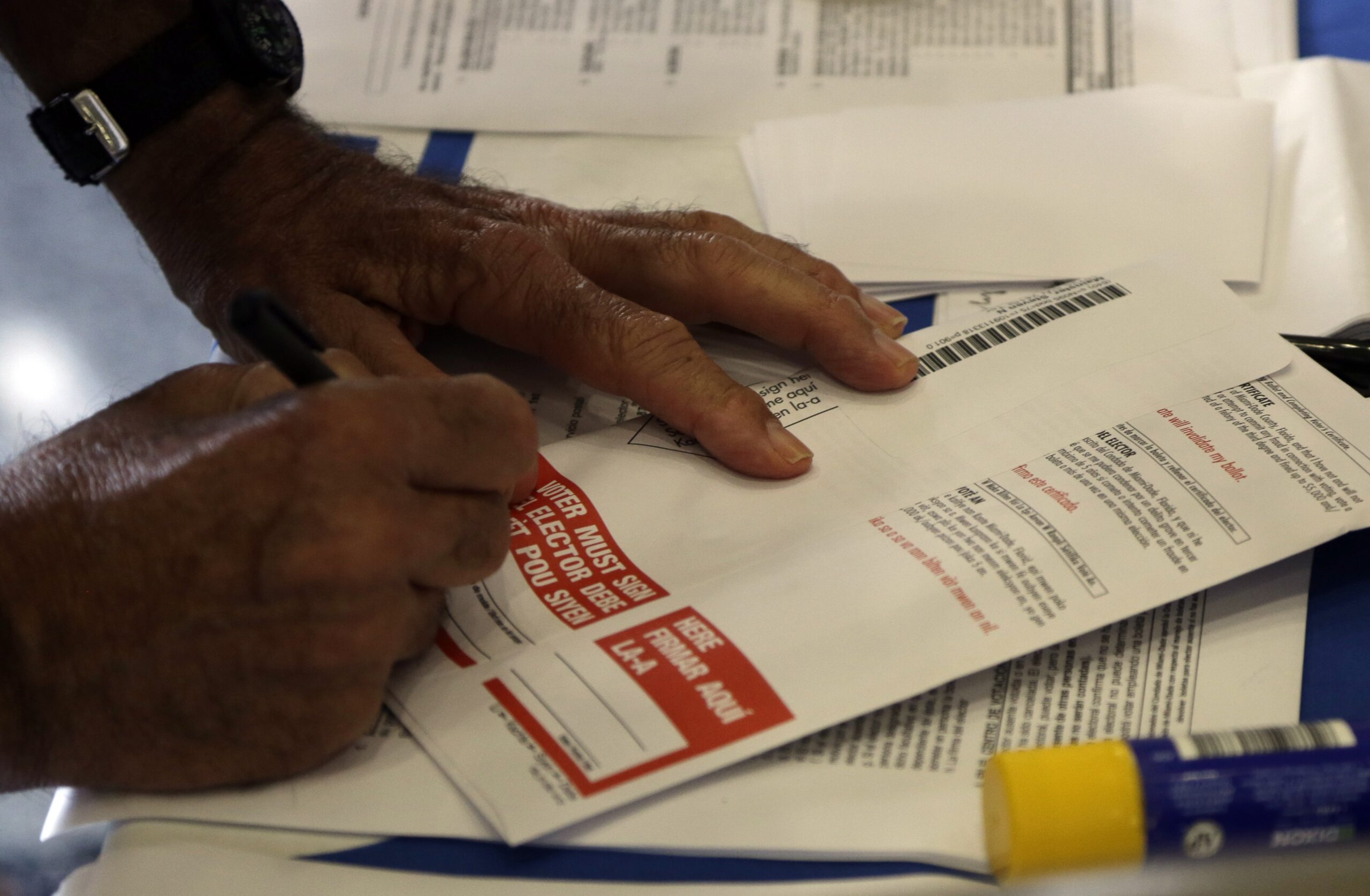From the Article:
As a legal battle over witness addresses on absentee ballots heads towards the Wisconsin Supreme Court, Republican lawmakers say they’re hoping to settle the debate over the definition of “address” before the court does.
A bill authored by Wisconsin Reps. Donna Rozar, R-Marshfield; Scott Krug, R-Nekoosa; and Sen. Cory Tomczyk, R-Mosinee, would specify that a witness’s address must contain the person’s name, house number, street name, municipality, state and ZIP code.
It would also bar clerks from filling in missing address information regardless if they can identify where that person lives. If a clerk — or anyone other than the voter — corrects the address, they could face fines of up to $500 and up to 30 days in jail, under the legislation.
Current law states that a witness must print their name and address on the absentee ballot envelope, known as a witness certificate, but doesn’t spell out what constitutes an address.
Krug said the bill is a response to lawsuits on absentee witness signatures working their way through state courts. The most recent ruling came from Dane County Circuit Court Judge Ryan Nilsestuen, who ordered the Wisconsin Elections Commission to tell local clerks that absentee ballots with witness addresses missing things like a ZIP code or municipality must be counted and that clerks can correct them if they can confirm where a witness lives.
“This is where the definitions and guidance and ideas should come from, is the Legislature passing them and the governor signing them into law, so the courts don’t have to guess,” Krug said.
The Dane County lawsuit was filed by the League of Women Voters and youth organizing group Rise, Inc. They argued state law is vague on what witness address information needs to be included on ballots and clerks around Wisconsin are using different standards.
A separate federal lawsuit filed in October by a national Democratic law firm argues the state law requiring witness signatures on absentee ballot envelopes violates the federal Voting Rights Act. That case is ongoing.



Republicans sure do hate voters being able to vote.
Voting is how they lose official positions, so yes, they absolutely want to make it difficult.